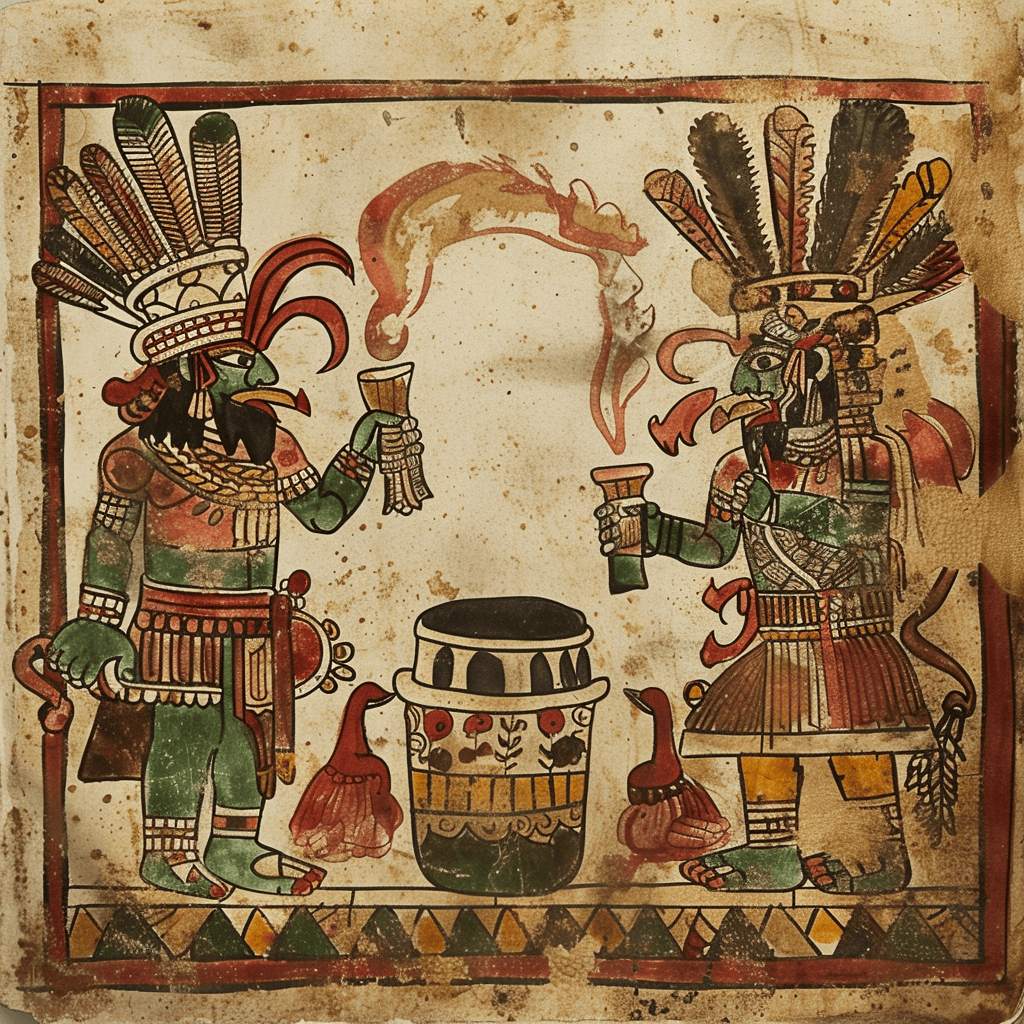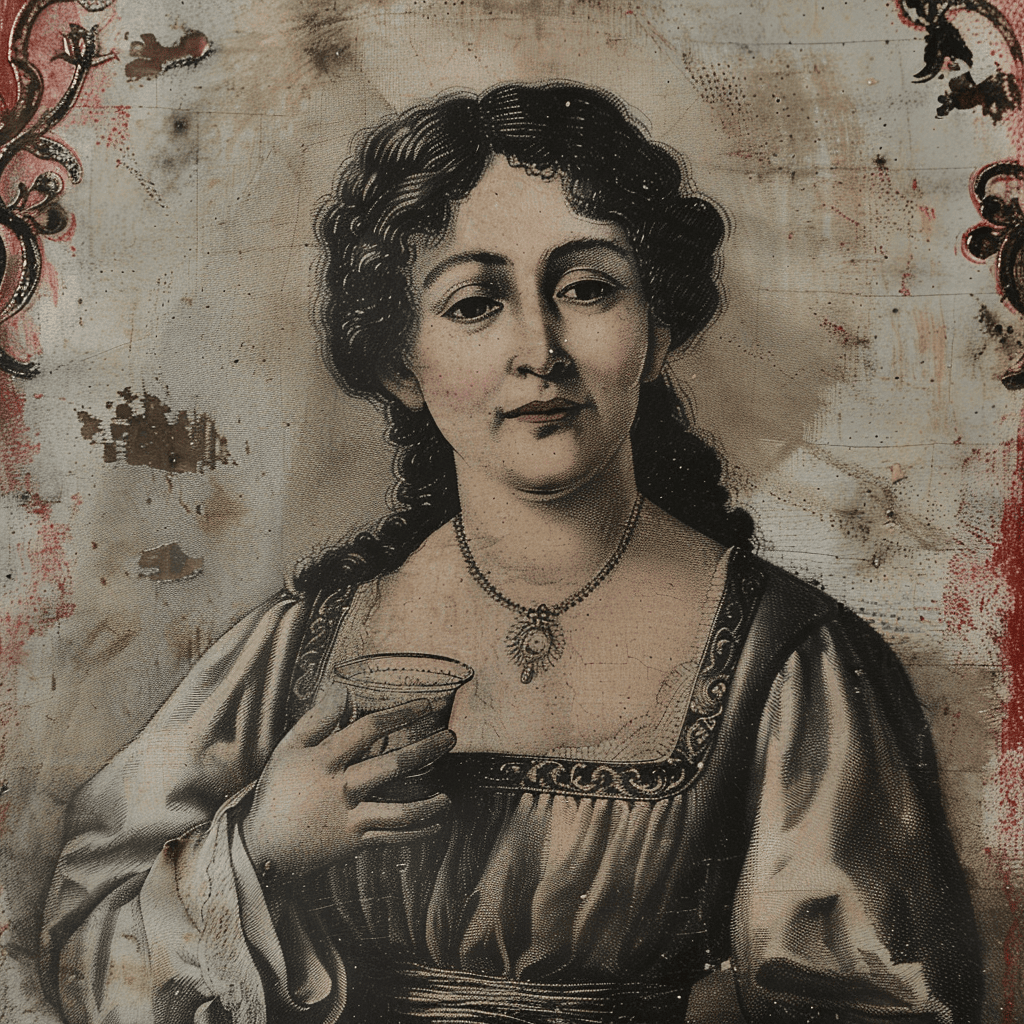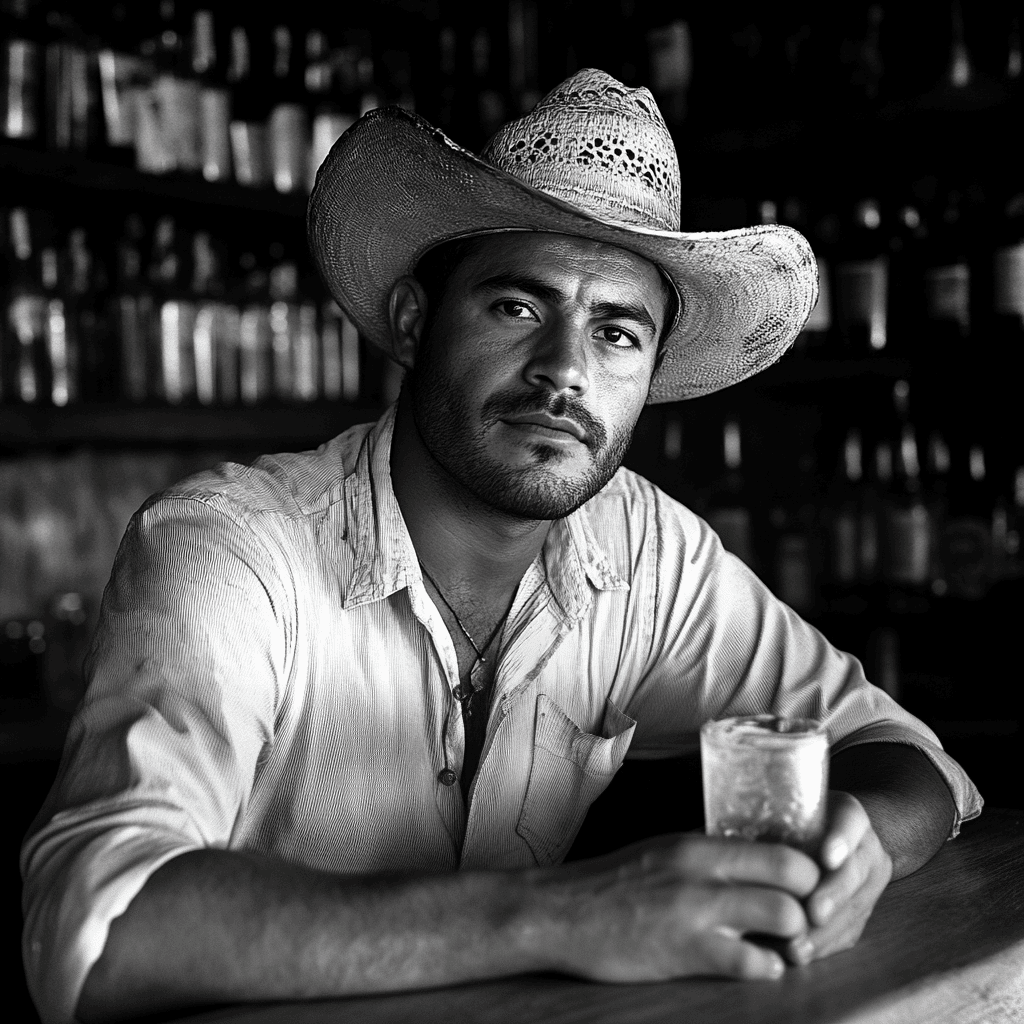Mezcal history
Mezcal, a distinctive Mexican spirit, boasts a rich history intertwined with the nation’s cultural and social evolution. Its journey from ancient traditions to modern appreciation reflects a tapestry of indigenous practices, colonial influences, and contemporary revival. This unique spirit, often made from the agave plant, showcases Mexico’s diverse terroir, resulting in a wide range of flavors and profiles. Today, mezcal is celebrated for its complex taste and as a symbol of artisanal craftsmanship, gaining international recognition and a dedicated following among spirit enthusiasts.
From its ancient origins, possibly predating the Columbian era, through the transformative Viceroyalty of New Spain era, to darker days and its exciting revival in modern times, mezcal’s story is packed with fascinating twists and turns. So, let’s dive into the rich history of this beloved beverage and discover why it continues to capture hearts (and palates) around the globe!
The History of Mezcal
Mezcal’s history is a captivating narrative that weaves ancient traditions and modern innovations together. Originating from the reverence for the agave plant among pre-Columbian civilizations, it transitioned through significant transformations brought on by Spanish colonization. The fusion of indigenous fermentation techniques with European distillation methods laid the groundwork for what we know as mezcal today. Over the centuries, it has navigated challenges such as regulation, societal perceptions, and industrial competition, yet it has continuously found ways to thrive. The late 20th century marked a renaissance for mezcal as appreciation for craft spirits surged, leading to a broader global audience. Today, mezcal symbolizes artisanal craftsmanship and rich cultural heritage, and it is a testament to the resilience of the communities that produce it. Each sip reflects a lineage of knowledge, tradition, and a deep connection to the land, making mezcal not just a drink but a celebration of history and identity.

Mezcal’s True Origin
Long before European contact, indigenous Mesoamerican civilizations revered the agave plant, known as “maguey,” for its versatility. They fermented its sap to produce “pulque,” a ceremonial beverage integral to religious and social rituals. The term “mezcal” derives from the Nahuatl words “metl” (agave) and “ixcalli” (cooked), indicating the early practice of roasting agave hearts. In addition to its beverage use, the agave plant provided fibers for textiles, ropes, and various tools, demonstrating its importance in daily life. The cultivation and preparation of agave were deeply embedded in the cultural practices of these civilizations, often symbolizing nourishment and connection to the divine. As a result, the reverence for agave has endured, maintaining its significance in contemporary Mesoamerican culture.
Colonial Transformation
The arrival of Spanish conquistadors in the 16th century introduced distillation techniques to the New World. Faced with a scarcity of familiar spirits, Spaniards applied these methods to native agave, creating mezcal. This period marked the fusion of indigenous fermentation practices with European distillation, giving birth to a new spirit. The local communities heavily influenced the production process, using traditional methods passed down through generations. As mezcal began to take shape, it adapted to different regional flavors and incorporated various cooking techniques, such as roasting the agave in earthen pits, which lent the spirit its distinctive smoky flavor. Over time, the mezcal evolved into a cultural symbol, representing the rich history and the blending of cultures that define Mexico today.

Regulation and Prohibition
In 1785, King Charles III of Spain banned the production of alcoholic beverages in New Spain to protect Iberian spirits. This prohibition was lifted in 1795, granting licenses to producers like José María Guadalupe Cuervo, paving the way for commercial mezcal and tequila production. However, throughout the 19th and early 20th centuries, mezcal faced periods of suppression, as authorities viewed it as an impediment to modernization and associated it with social issues. Despite these challenges, the resilience of local producers helped sustain traditional crafting methods, leading to a revival in popularity. By the late 20th century, mezcal began to gain recognition on the global stage, celebrated for its unique flavors and artisanal production processes, thus cementing its place in cultural heritage and contemporary mixology.
20th-Century Decline and Resurgence
Post-Mexican Revolution, mezcal experienced marginalization and was overshadowed by the growing industrialization of tequila. It faced stringent regulations and heavy taxation, which posed significant challenges for its producers. Nevertheless, artisanal mezcal makers persisted in preserving traditional production methods in rural areas, keeping the rich heritage of this spirit alive despite the obstacles they faced.
As the late 20th century unfolded, a revival in interest in craft spirits began globally. This renewed appreciation for mezcal’s complex flavors and rich history sparked innovation among producers, who started experimenting with various agave varieties and different production techniques. Consequently, mezcal has become increasingly recognized as a traditional spirit and a vibrant part of modern culinary trends, appealing to a broader audience.

Denomination of Origin and Modern Recognition
In 1994 Mexico established the Denomination of Origin for mezcal, defining its production regions and methods to preserve its authenticity. This move and the implementation of Official Mexican Standard-070 (NOM-070) set quality standards and protected traditional practices. Today, mezcal enjoys international acclaim and is celebrated for its artisanal production and deep cultural roots.
From its sacred origins among indigenous peoples to its contemporary status as a symbol of Mexican heritage, mezcal’s history is a testament to resilience and tradition. Each bottle encapsulates centuries of craftsmanship, offering a sip of history with every pour.
In addition to its cultural significance, the Denomination of Origin for mezcal has also fostered a sense of community among producers. By adhering to specific production methods and regional standards, mezcalero artisans can share their unique stories and traditions, enhancing the consumer’s experience. This commitment to quality and authenticity has led to a growing appreciation of mezcal in Mexico and across the globe, where connoisseurs eagerly seek out artisanal varieties. Modern mezcal distilleries often incorporate age-old techniques alongside innovative practices, creating diverse and complex flavors that reflect the terroir of their regions. As mezcal continues to thrive in the contemporary beverage landscape, it connects generations, honoring the legacies of those who came before while inspiring future generations of producers and enthusiasts alike.
In the era of globalization, mezcal made a remarkable comeback. Mezcal producers decided to set themselves apart from tequila makers by taking a more quality-focused approach, using 100% agave instead of mixed distillates (51% agave, 49% other sugars.) As a result, in the early 21st century, mezcal became the national drink of Mexico and is now enjoyed in over 60 countries around the world. What a journey!